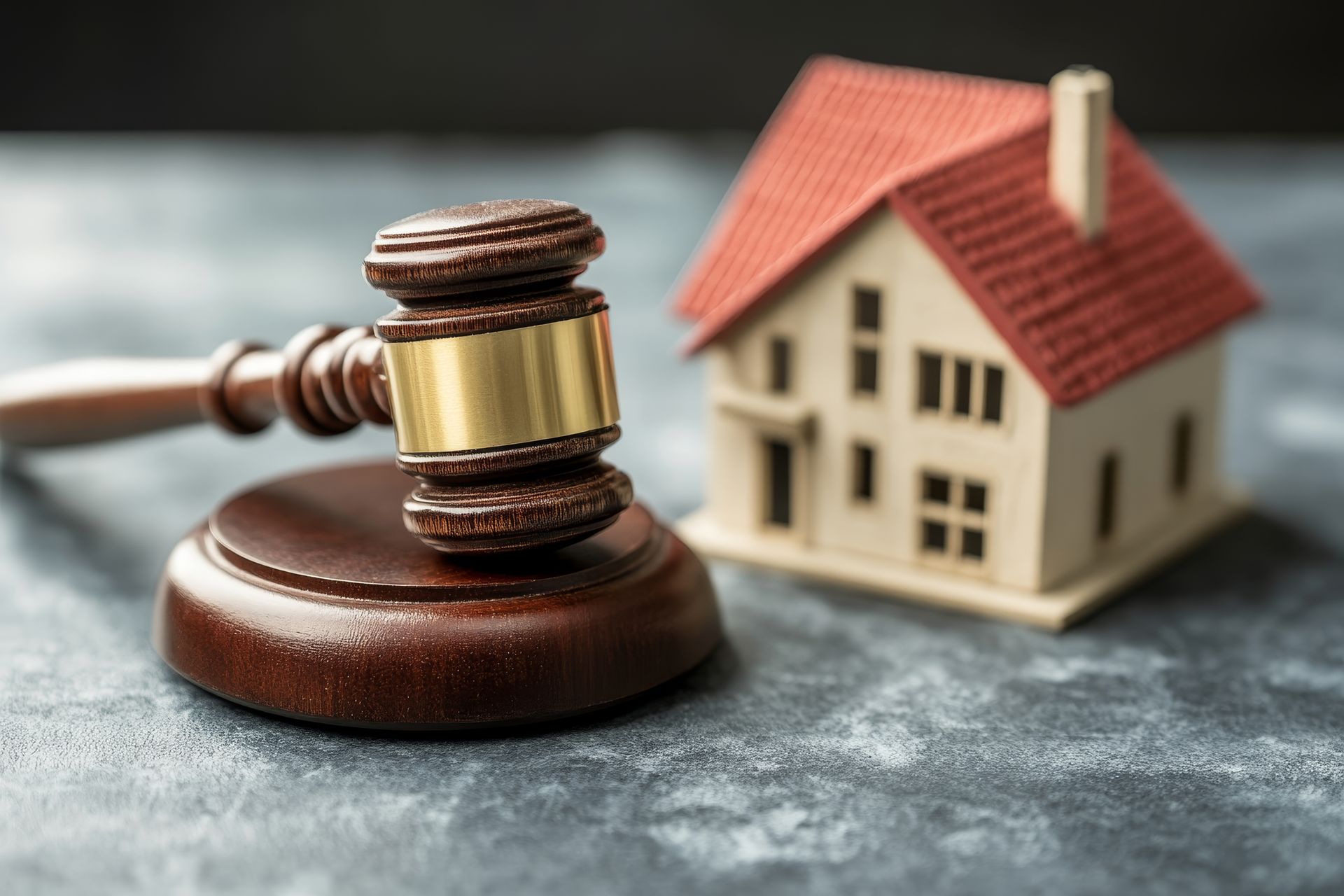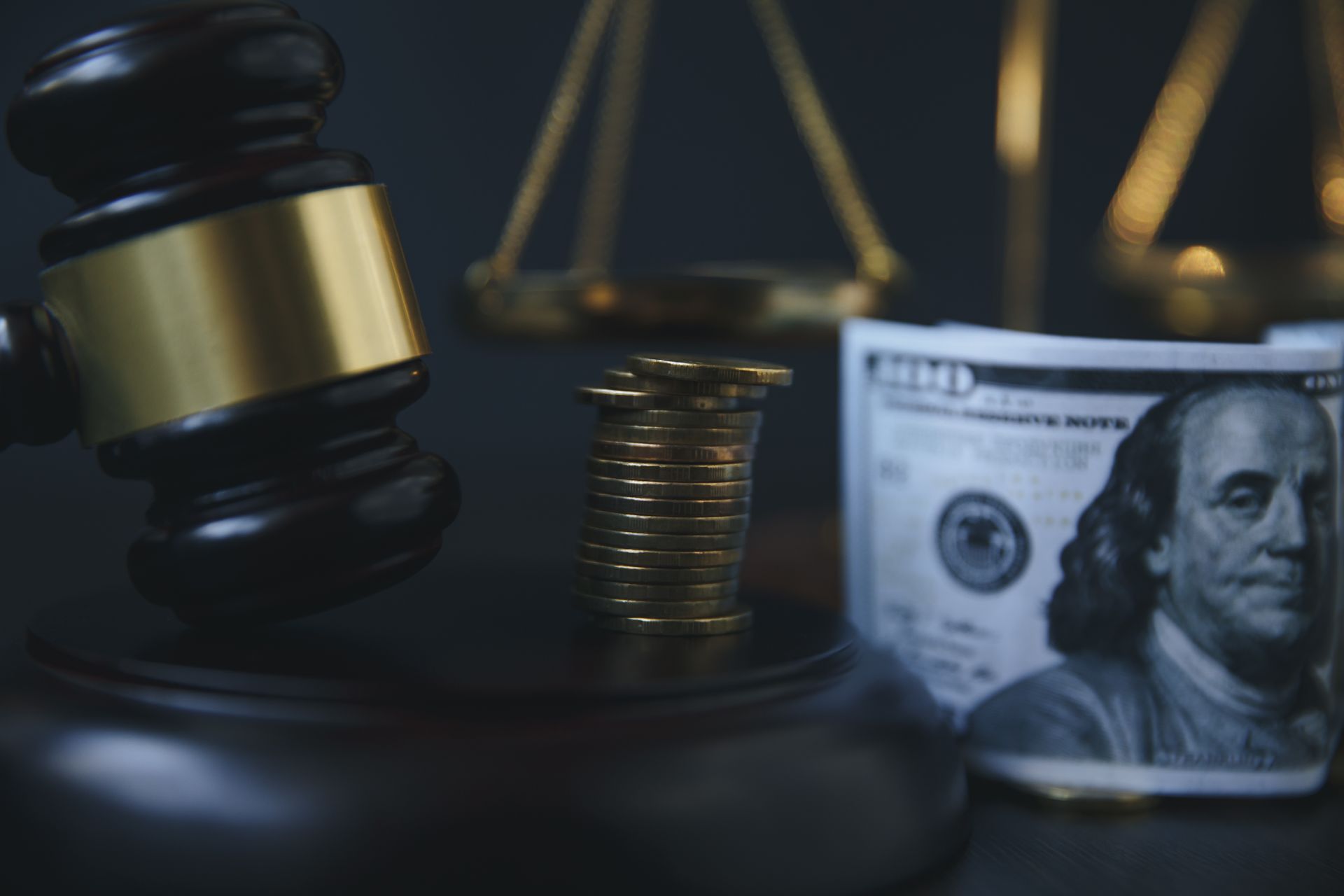Understanding What Debts Can Be Discharged in Chapter 13 Bankruptcy in Florida
Understanding What Debts Can Be Discharged in Chapter 13 Bankruptcy in Florida
Filing for Chapter 13 bankruptcy in Florida can be a strategic way to regain financial stability while protecting valuable assets. Unlike Chapter 7, which involves liquidating non-exempt property to repay creditors, Chapter 13 sets up a structured repayment plan that lasts three to five years. At the end of the plan, certain remaining debts can be discharged, giving you a fresh start.
Debts Commonly Discharged in Chapter 13
Chapter 13 bankruptcy can discharge a broader range of debts than Chapter 7. In Florida, these may include:
- Credit Card Debt: Balances and interest charges that are not fully paid during your repayment plan can be eliminated.
- Medical Bills: Unpaid medical expenses are typically unsecured debts that can be discharged.
- Personal Loans: Unsecured personal loans, including payday loans, may be forgiven after the repayment period.
- Deficiency Balances: If a home or car was repossessed or sold and the sale did not cover the loan balance, the remaining debt may be discharged.
- Some Legal Judgments: Civil judgments, except for those related to fraud or certain intentional acts, can be wiped out.
Debts That Usually Cannot Be Discharged
Certain debts remain even after Chapter 13 completion. These often include:
- Child support and alimony
- Most student loans
- Certain tax debts
- Debts from fraud or intentional misconduct
Why Legal Guidance Matters
Navigating Chapter 13 bankruptcy requires understanding which debts are eligible for discharge and how to structure a repayment plan that meets court requirements. At the Law Offices of Michael H. Johnson, P.A., we assist Fort Lauderdale residents in determining the best approach for their unique financial situations, ensuring they take full advantage of Chapter 13 protections and relief options.






